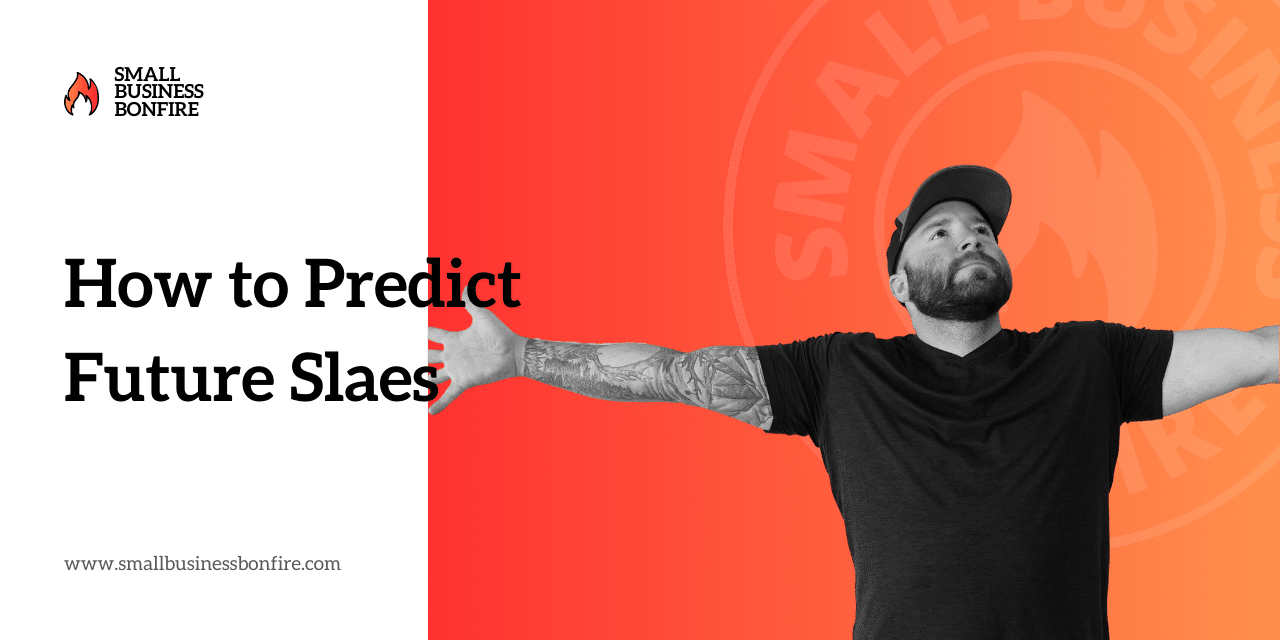Secured vs. Unsecured Short-Term Business Loan

Table of Contents
The difference between a secured loan and an unsecured short-term business loan is whether you have collateral backing the loan. Lenders look more favorably on secured loans in terms of interest rates and the maximum amount you can borrow because these loans pose less risk for them.
Yet an unsecured loan means that you won’t have to risk losing the business asset if you default — at least not immediately. In either case, the repayment terms will be short, such as 12 or 18 months.
Let’s run through why you might choose a secured vs. unsecured short-term business loan.
What is a secured short-term business loan?
A secured short-term business loan is a loan with short repayment terms that is backed by business assets or property. These assets are called collateral, and these can be seized by the lender if you fail to repay the loan. The assets used can include commercial real estate, equipment, investments or cash on hand — virtually anything with value that can be liquidated.
What is a business lien?
A business lien is a claim that a lender makes against your business giving it the right to take possession of assets to fulfill the loan. The claim against business property stays in effect until the loan is repaid or settled through debt relief.
The lender typically files a Universal Commercial Code (UCC) lien, which shows that the loan is backed by collateral. If the business names specific assets as collateral, the lender files a specific collateral lien.
This is important because other lenders can see which asset is used in order to avoid filing another lien against the same asset. If a lender chooses to file another lien, the initial filing will state which debt gets repaid first with the asset. Lenders may also file a blanket lien, which gives them a claim to the business as a whole.
What is an unsecured short-term business loan?
An unsecured short-term business loan is a loan with a short repayment period that isn’t backed by collateral. These loans work best if you don’t want to tie the loan to business assets and you have solid credit like a score of 670 or higher.
Lenders often tighten requirements for most unsecured loans since they take on the risk of not getting repaid the full amount. To offset that risk, lenders may require a personal guarantee, which makes business owners personally responsible for repaying the loan. If you default, the lender can pursue your personal assets to satisfy your debt.
Which is better: secured vs. unsecured?
Which short-term business loan is better for you depends on what you’re looking for, such as the lowest interest rates or best chance of approval.
Look at how different loan features are influenced by secured or unsecured short-term loans.
Loan amounts
Lenders tend to offer higher loan amounts on secured loans over unsecured loans since they’re sure to get paid either by the borrower or the collateral. For example, PNC Bank offers unsecured business loans up to $100,000 but raises its maximum loan amount to $3 million for a secured business loan.
Interest rates
You’ll also see lower interest rates with secured loans versus unsecured loans, though the difference varies by the lender. Bank of America’s secured lines of credit start at as low as an 8.25 percent APR while its unsecured line starts at a 9.00 percent APR.
Online lenders trend toward higher starting rates like a 30.00 percent APR for either type of loan, and they may not disclose the difference between secured and unsecured loans.
Bankrate tip
Fast funding
Generally, the funding speed may not be all that different between secured and unsecured loans if you provide all the necessary documents to prove that you can repay.
The catch is that secured loans are easier to prove your creditworthiness since the loan is backed by assets. With an unsecured loan, there may be more back and forth if the lender asks for additional documentation.
Online lenders can provide funding for either loan in as little as 24 to 72 hours. Traditional banks may take from a few days to a few weeks to approve the loan.
Less risk
With both secured and unsecured business loans, you risk the lender pursuing business assets for repayment if you default. But with a secured loan, the lender is more likely to seize the business assets you used as collateral.
Many lenders also require you to sign a personal guarantee for either loan, which means that they can seize personal assets to repay the debt. In this case, it’s less risky to sign a personal guarantee on a secured business loan since the lender will go after business collateral first.
Accessibility
You have to meet the lender’s minimum requirements for both secured and unsecured loans, such as its minimum credit score or time in business. But if you’re a startup business or have poor credit, you have a better chance of approval with a secured business loan. Putting up collateral gives the lender reason to believe that you can repay the loan, despite the lack of a solid credit history.
Types of short-term loans
Once you think through the type of short-term loan you need, you can choose the best short-term business loan option that works for you. Compare the differences between the types of loans:
| Loan | Secured or unsecured | Details |
|---|---|---|
| Term loan | Both |
|
| Lines of credit | Both |
|
| Equipment loan | Secured |
|
| Invoice financing | Secured |
|
| Invoice factoring | Unsecured |
|
| Business credit cards | Both |
|
Bottom line
When choosing between a secured or unsecured short-term business loan, consider your business’s creditworthiness and the specific funding needs you have. If you have poor credit, a secured short-term loan can help you get approved while keeping interest rates to a minimum. But if you’d rather not tie valuable assets to the loan, an unsecured loan might be the right choice for you.
Frequently asked questions
-
Many lenders offer secured loans to business owners with a minimum credit score in the lower 600s, such as 620 or 660. Since the loan is secured and less risky in case of default, some lenders dip to around 560. Ultimately, it’s up to individual lenders to determine the risk level they’re willing to absorb.
-
SBA loans can be secured or unsecured, depending on the type of SBA loan and amount borrowed. Most SBA loans don’t require collateral for amounts up to $25,000. Above that, lenders are generally required to use the same principles they apply to non-SBA loans.
-
While credit score requirements vary by lender, many lenders require a score of 670 or higher to get an unsecured business loan. You may also need to sign a personal guarantee, which holds you personally responsible to repay the loan from personal or business assets. To show your business’s creditworthiness, you may need:
- Balance sheet
- Bank and tax statements
- Business plan
- Profit and loss sheet







